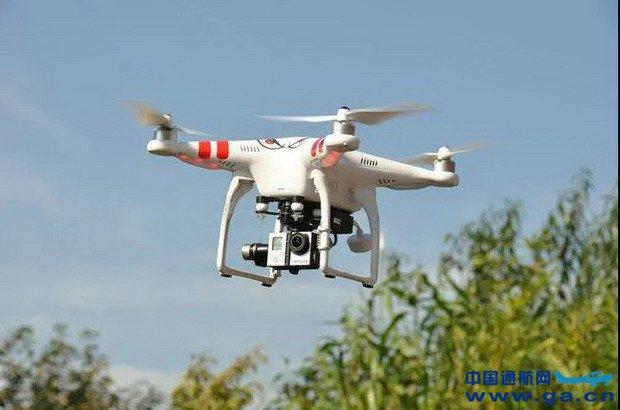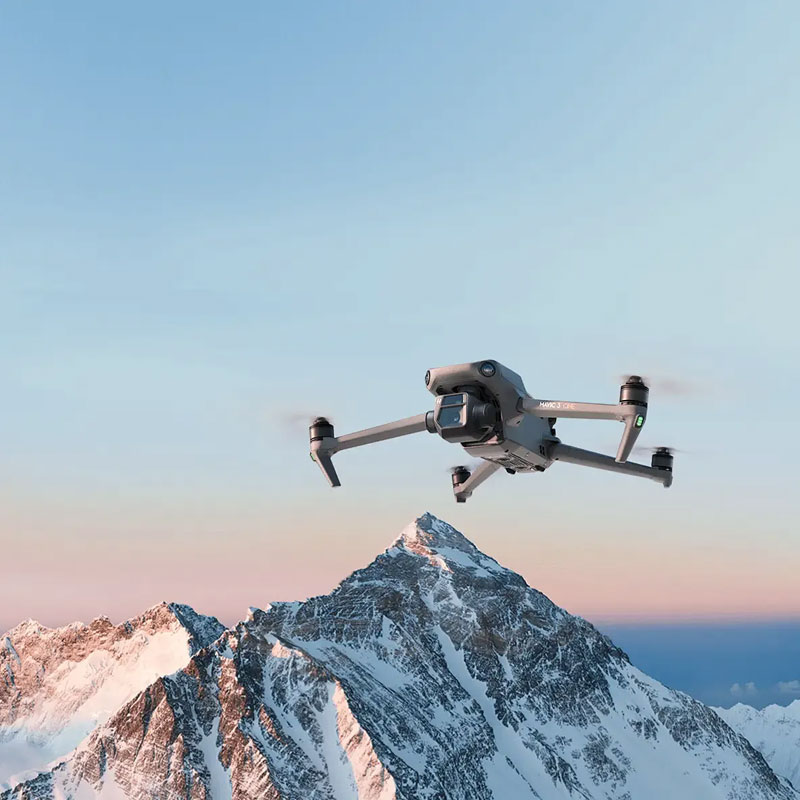In recent years, drone technology has witnessed rapid advancements, fundamentally altering various sectors and industries. These innovations, fueled by increased investment and technological breakthroughs, are ushering in a new era where drones play critical roles in diverse areas. From agriculture to construction, security, and logistics, the applications of drones are expanding, resulting in profound impacts. This article explores these latest innovations and their implications across various industries, offering an insightful perspective on the future landscape of drone technology.
Agricultural Advancements
Drones are transforming agriculture through precision farming, where they provide vital data on crops and soil health. Equipped with high-resolution cameras and sensors, drones can monitor large farms effortlessly, ensuring optimal irrigation and pesticide application. This technology minimizes waste and maximizes crop yields. Furthermore, drones enable farmers to conduct surveillance efficiently, identifying areas needing immediate attention, thereby improving productivity significantly.
Construction Sector Upgrades
In the construction industry, drones are revolutionizing project management. Real-time aerial views allow site managers to oversee progress, ensure safety compliance, and identify potential hazards. 3D mapping capabilities facilitate terrain analysis and structure modeling, providing accurate data for informed decision-making. These improvements enhance efficiency, reduce costs, and enable faster project completion.
Security and Surveillance Enhancements
Drones are pivotal in modern security systems, offering unmatched surveillance capabilities. Law enforcement agencies utilize drones for crowd monitoring and suspect tracking, providing instant feedback to headquarters. High-speed drones equipped with night vision enable 24/7 surveillance, ensuring comprehensive coverage. These advancements are critical in enhancing urban safety and security, helping authorities maintain order effectively.
Logistics and Delivery Applications
The logistics industry is embracing drones for efficient delivery services. Several companies are investing in drone fleets capable of transporting goods quickly and safely over short distances, reducing delivery times drastically. This innovation is particularly beneficial in remote and rural areas. The ability to bypass traffic congestion ensures timely deliveries, improving customer satisfaction. As regulations evolve, drone delivery services are expected to grow exponentially, fundamentally reshaping logistics and transportation paradigms.

Environmental Monitoring Progress
Environmentally, drones contribute significantly to monitoring ecosystems, assessing wildlife populations, and tracking migration patterns. Equipped with specialized sensors, drones collect critical environmental data, aiding conservation efforts globally. This technology is instrumental in climate change studies, analyzing effects over time, and helping organizations implement strategic conservation plans.
Educational Applications
With educational institutions incorporating drones into their curriculum, students explore real-world applications of drone technology, fostering innovation and creativity. Understanding drone operations and programming enhances their skill sets, preparing them for future careers in technology and engineering.
Legal and Ethical Considerations
Despite these advantages, drones raise significant legal and ethical considerations. Issues such as privacy invasion and airspace regulation necessitate comprehensive guidelines to ensure responsible usage. Stakeholders are actively working on frameworks to balance innovation with ethical concerns, ensuring drone technology develops sustainably and responsibly.
Future Prospects
The future of drones looks promising, with continuous technological improvements forecasted. Artificial intelligence integration will enable autonomous drone operations, enhancing efficiency across sectors. As drone technology advances, industries worldwide are expected to undergo transformative changes.

FAQs

How do drones benefit agriculture?
Drones offer precise monitoring of crops, optimizing irrigation and pesticide use, leading to increased productivity and reduced costs.
What are the main challenges of drone delivery?
Regulation issues and airspace management are significant challenges, but ongoing developments aim to address these effectively.
Can drones be used for educational purposes?
Absolutely! Drones offer hands-on learning experiences, enhancing skills in technology and engineering, and preparing students for future careers.
